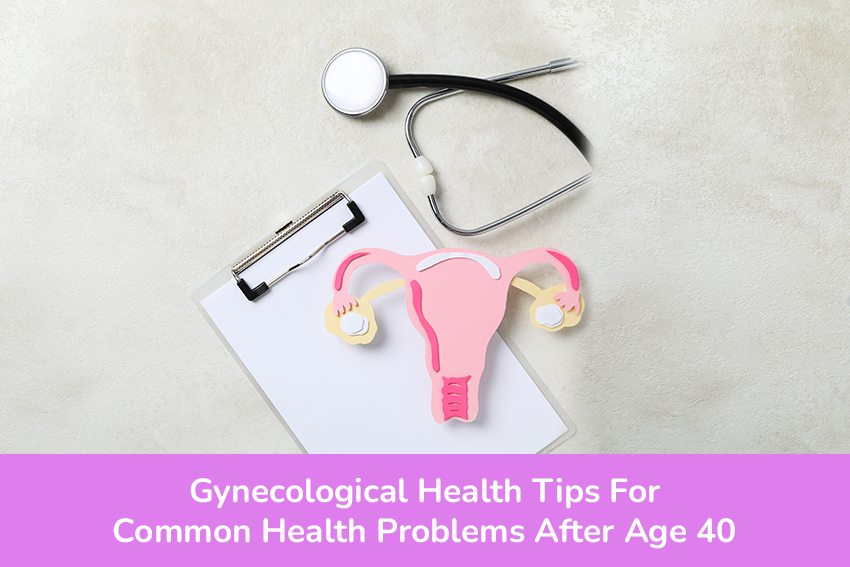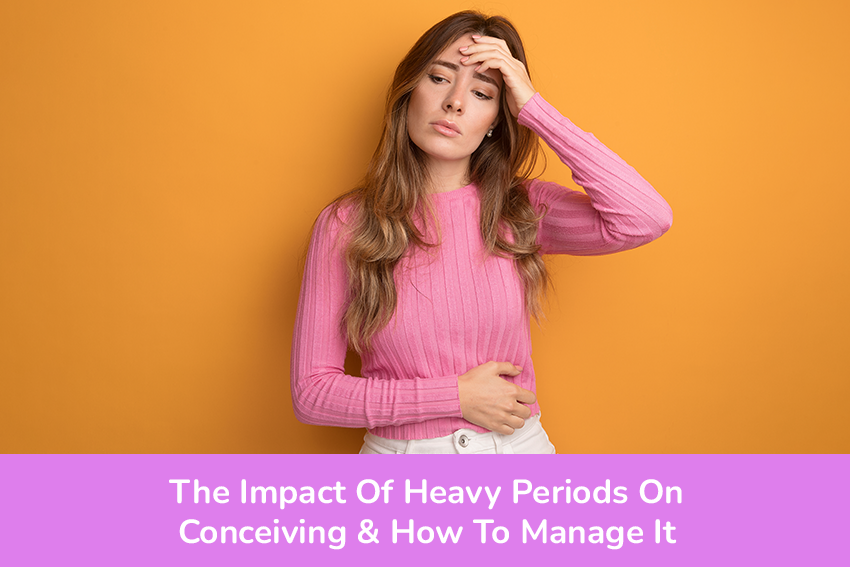Gynecological Health Tips For Common Health Problems After Age 40

Gynaecological health is of utmost importance throughout all stages of life, but it becomes particularly vital for women over 40 to prioritise and be more mindful of their reproductive health.
Women over 40 commonly face a range of health issues related to their reproductive and hormonal changes. Some common concerns include menopause symptoms such as hot flashes and mood swings, increased risk of osteoporosis and heart disease, changes in sexual health, and an increased likelihood of developing breast or cervical cancer. Regular check-ups and maintaining a healthy lifestyle are crucial for addressing and managing these challenges.









